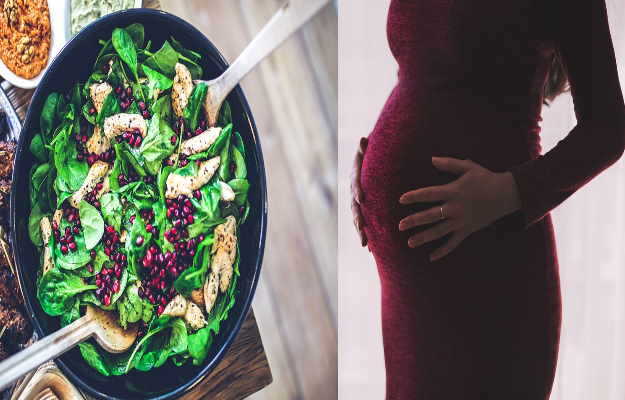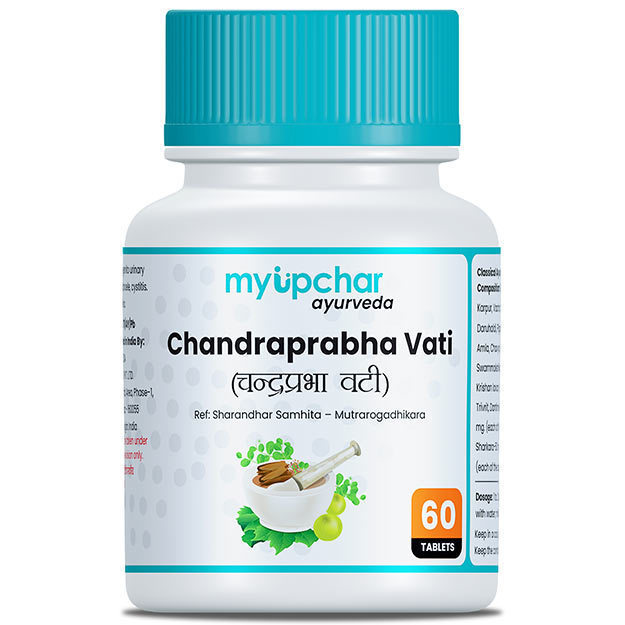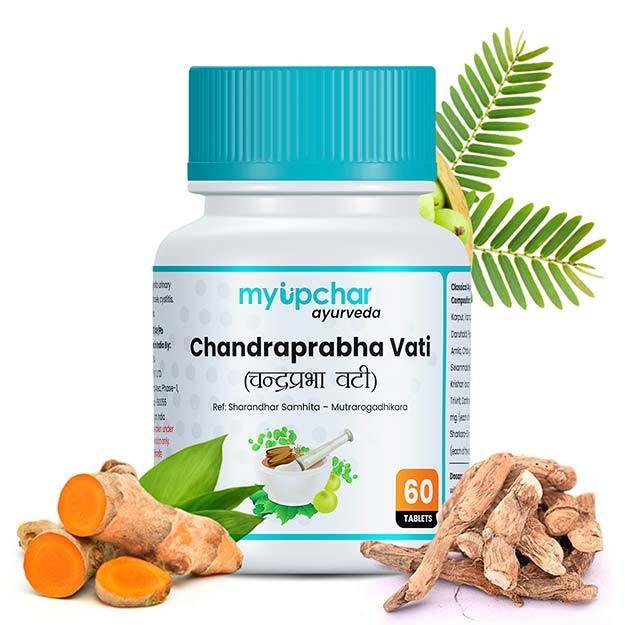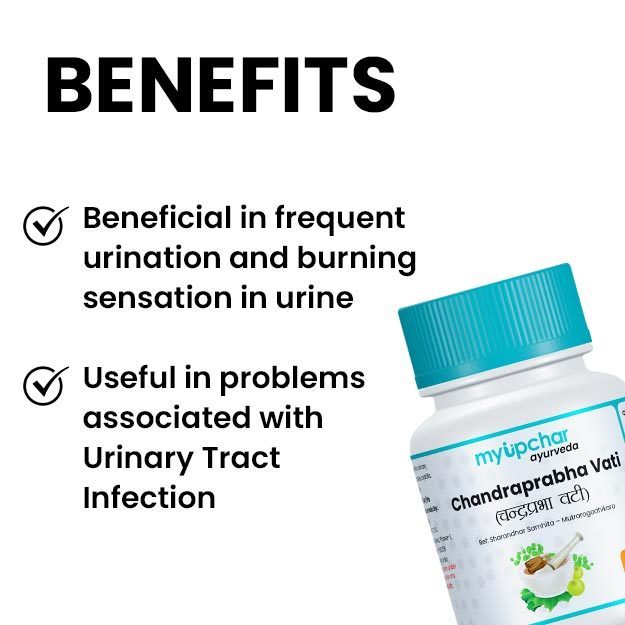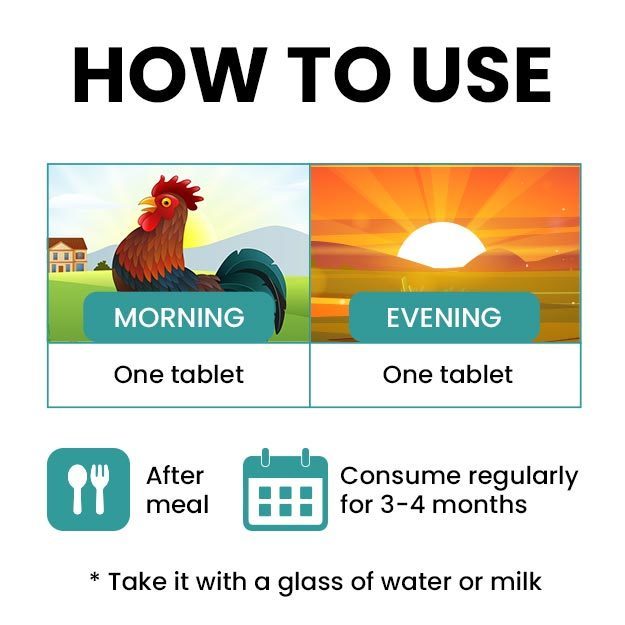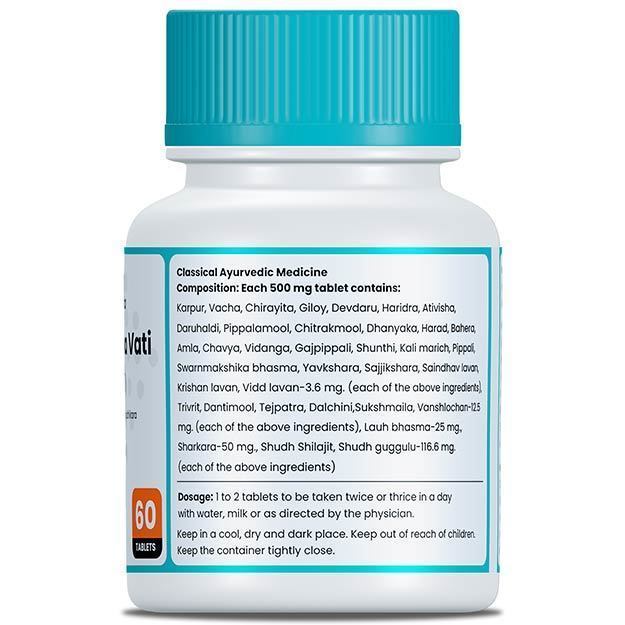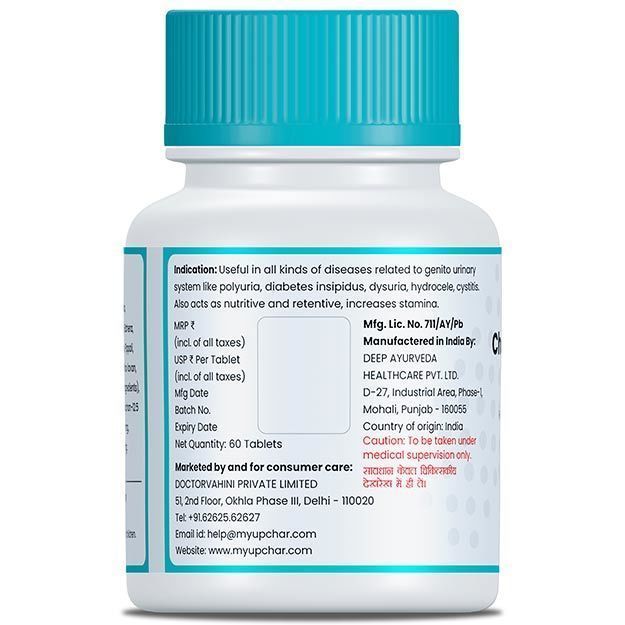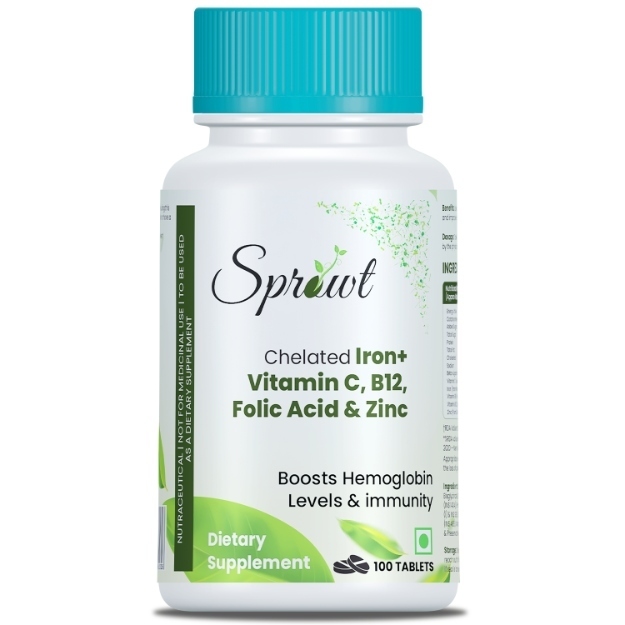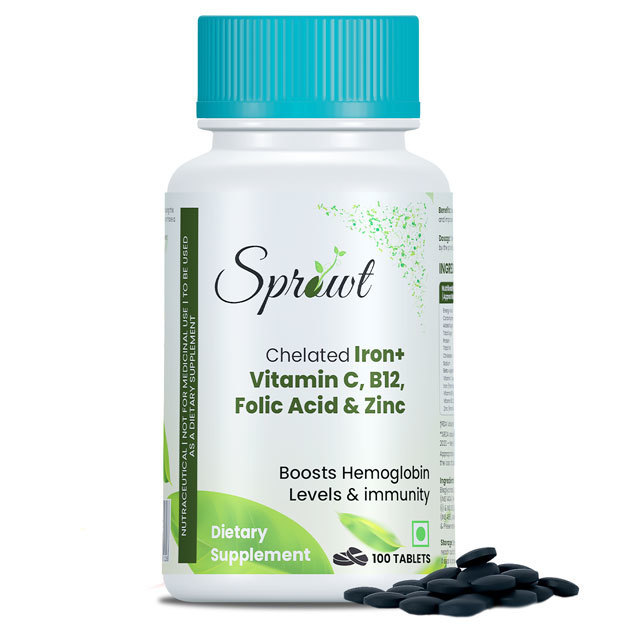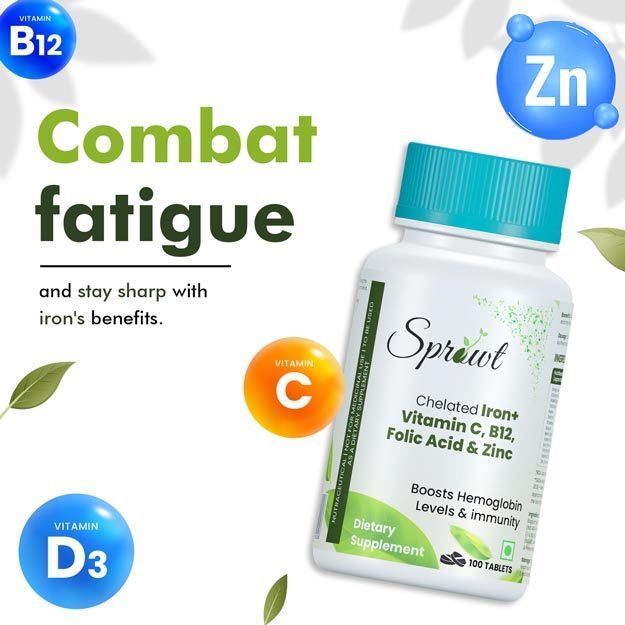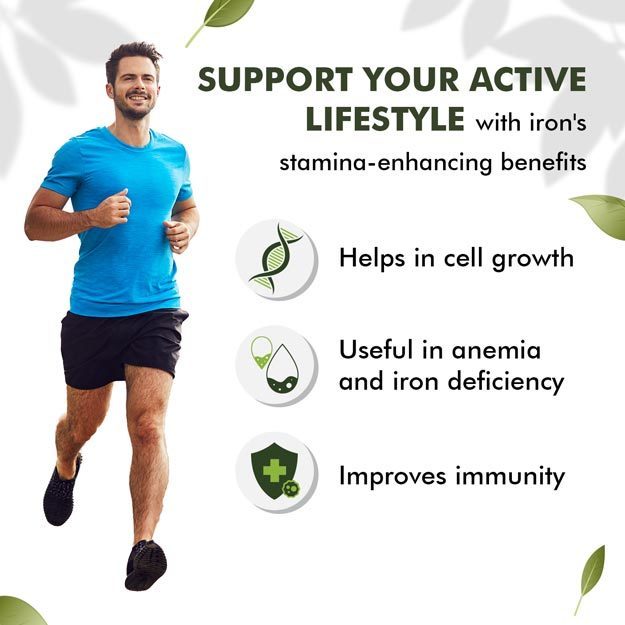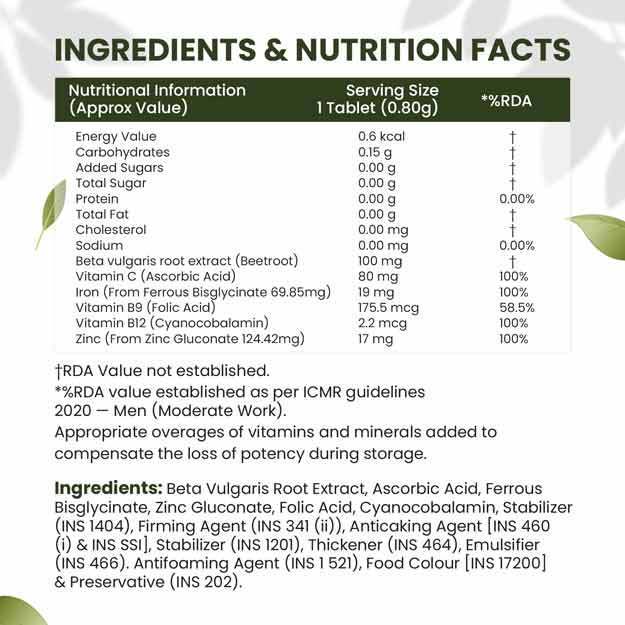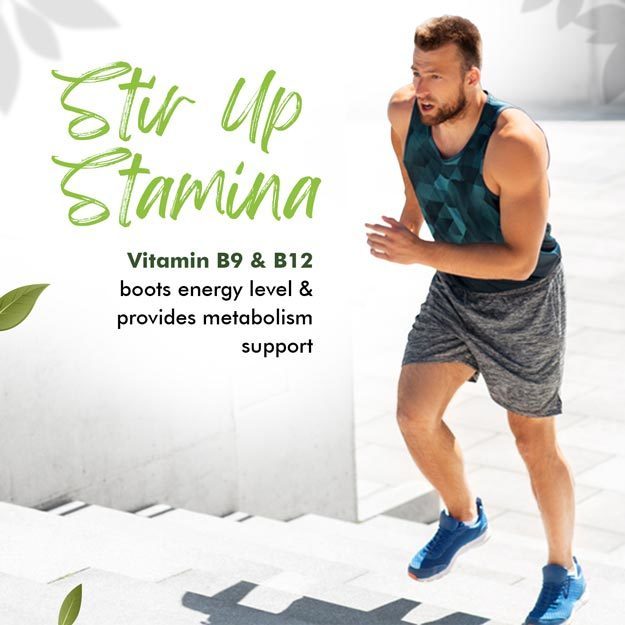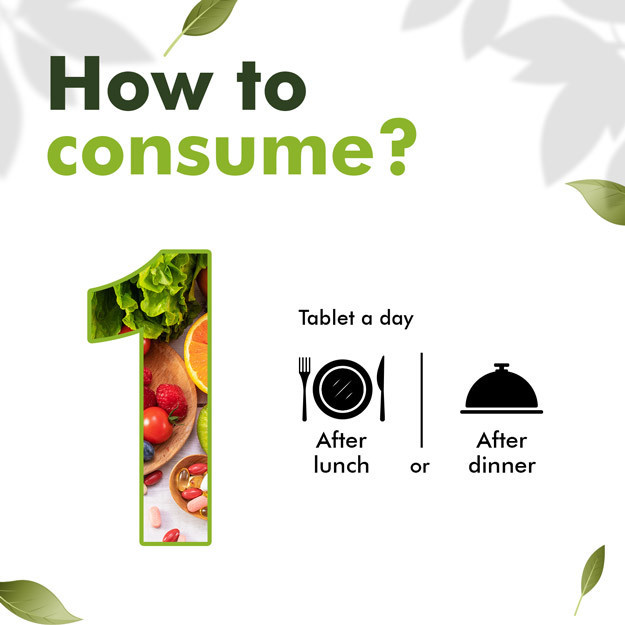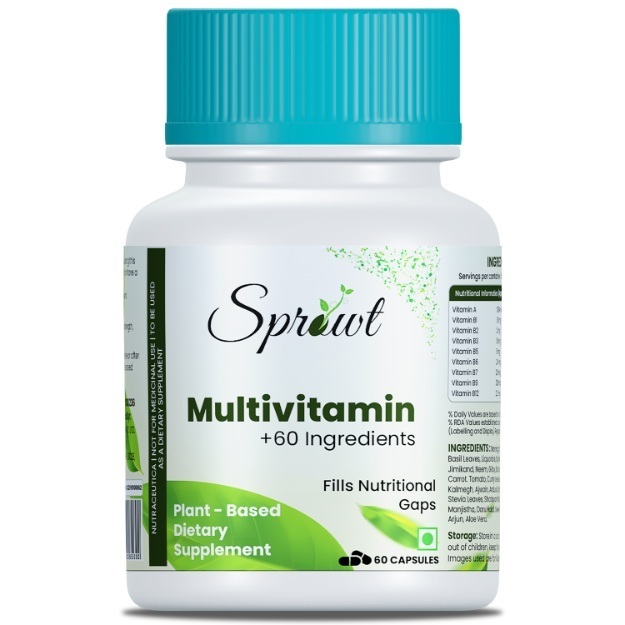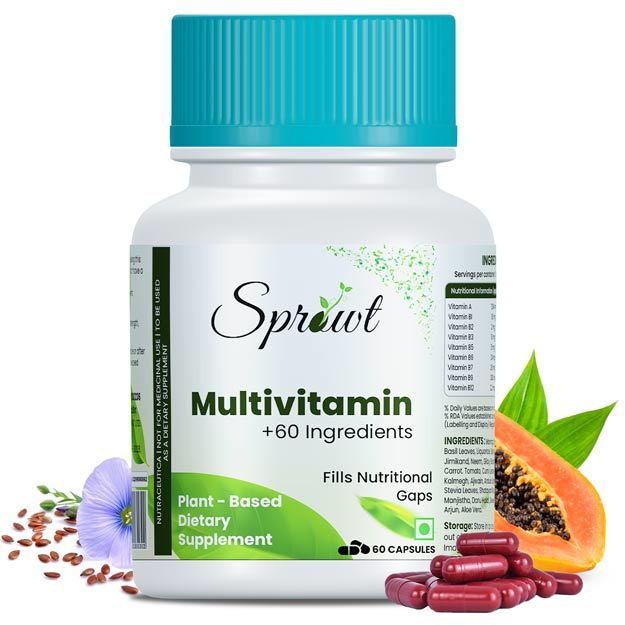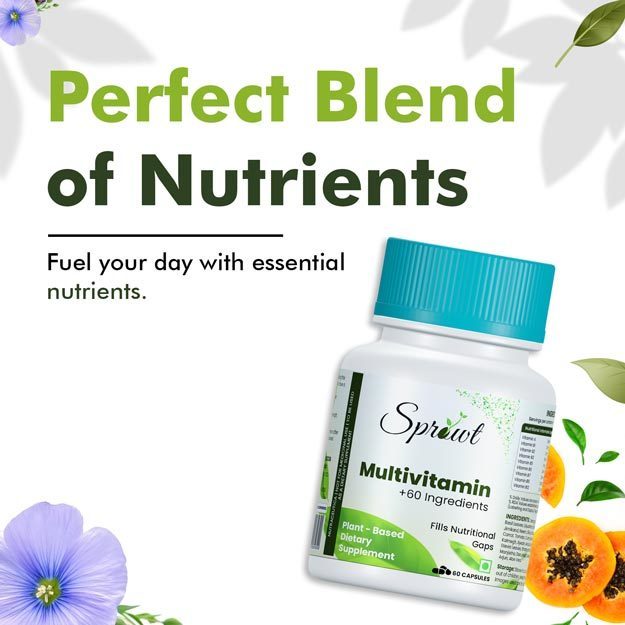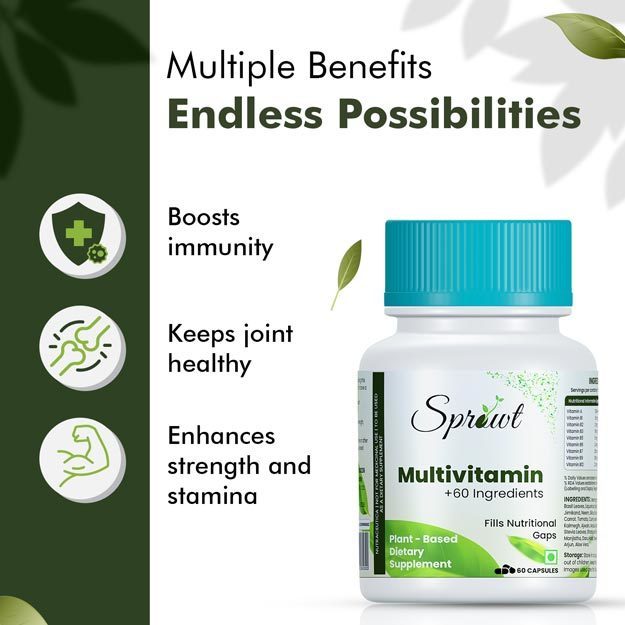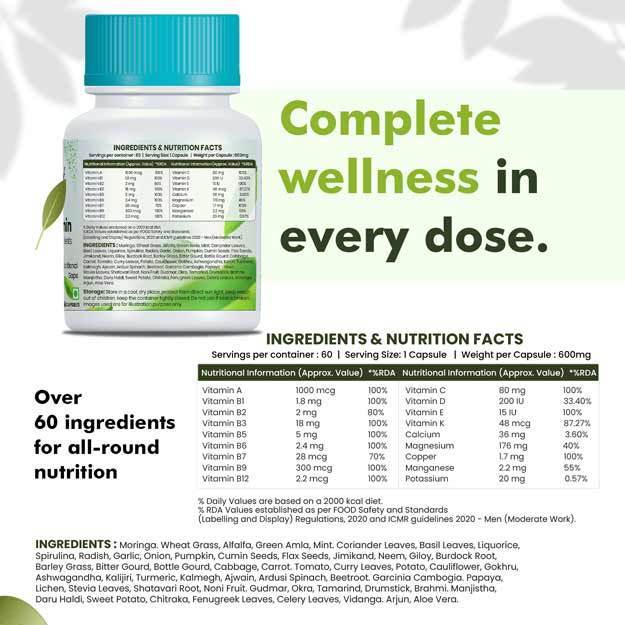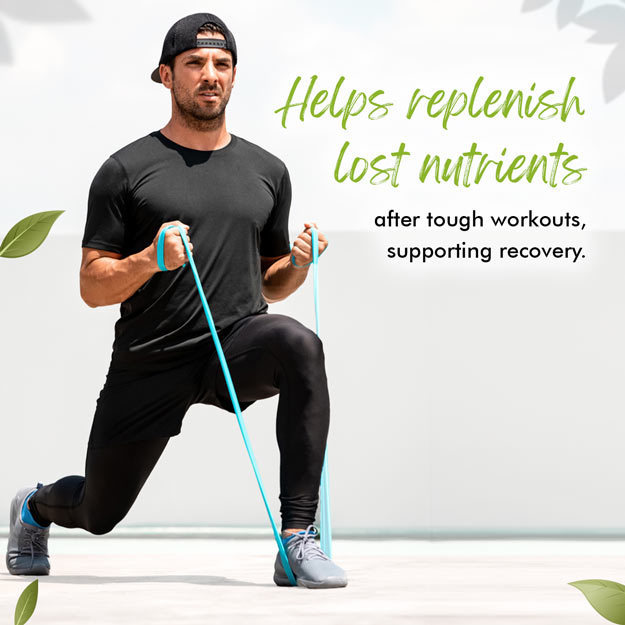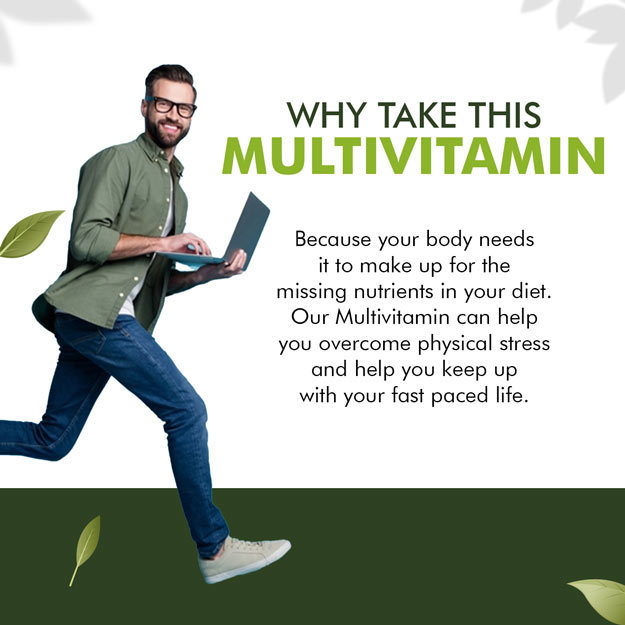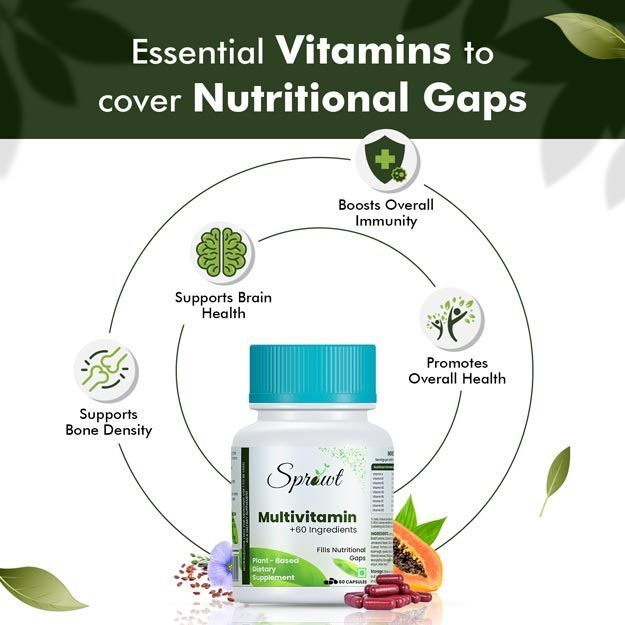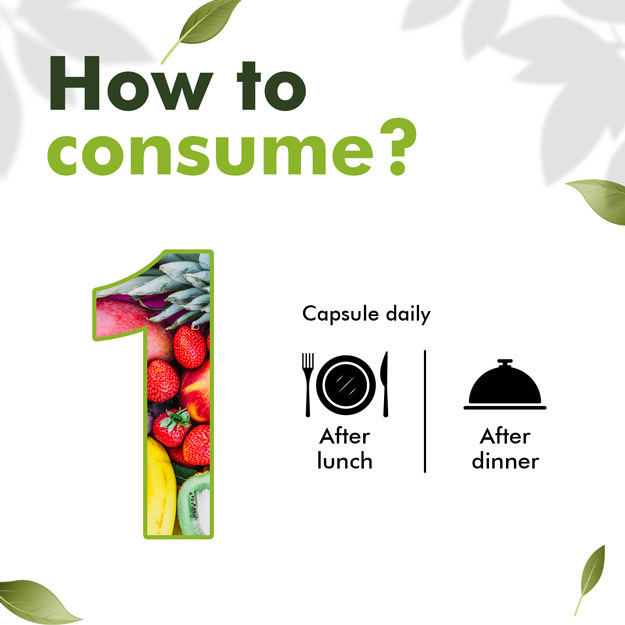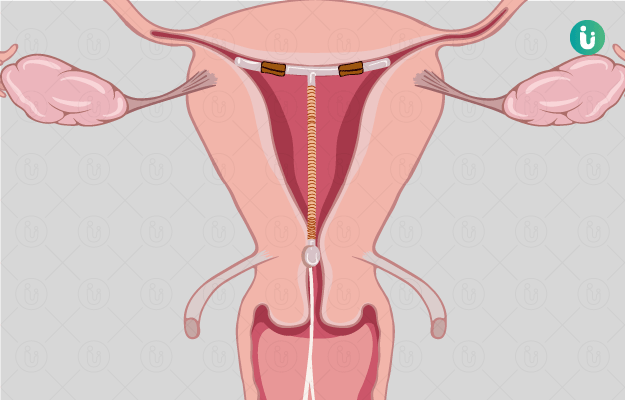When it comes to the pregnancy diet, along with what to eat and what not to eat, it is also very important to increase the amount of nutrients necessary for the baby growing in the womb. A very important mineral that needs to be increased during pregnancy is iron. The reason for this is that our body cannot produce iron naturally. Iron can only be obtained through diet i.e. food items or supplements. This is why it is important to increase the intake of iron-rich foods, especially during pregnancy.
(Read more - Which vitamin deficiency causes anemia?)
If there is a deficiency of iron in the body during pregnancy, it can also cause anemia in the body, which increases the risk of many other complications. In such a situation, why is iron necessary during pregnancy, which foods should you include in your diet to overcome iron deficiency in pregnancy and when should you take iron supplements i.e. iron tablets, we are giving you the answers to all these questions in this article.

